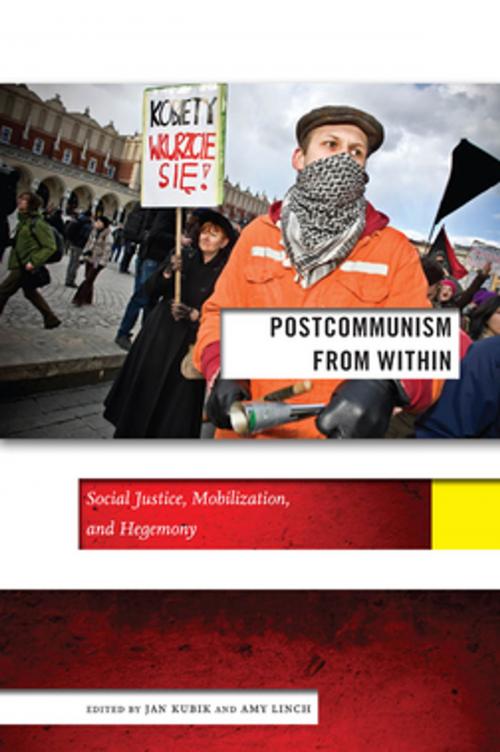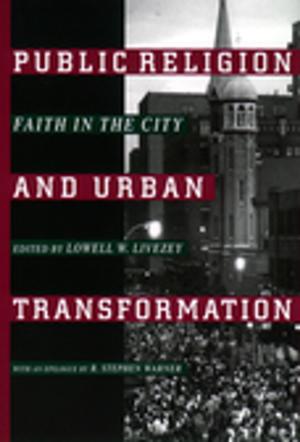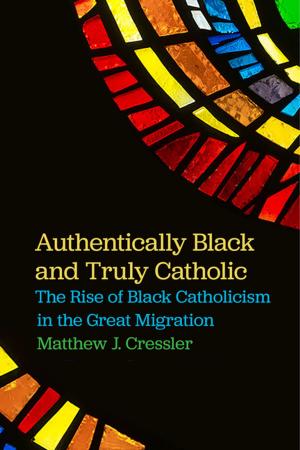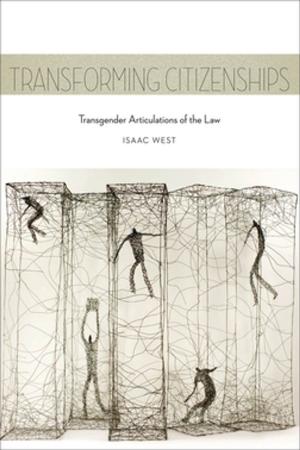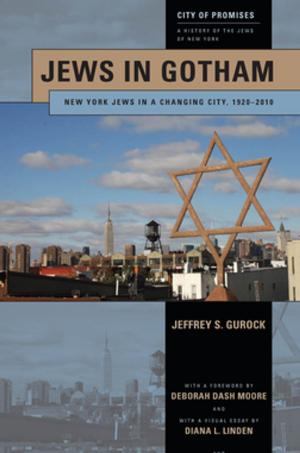Postcommunism from Within
Social Justice, Mobilization, and Hegemony
Nonfiction, Social & Cultural Studies, Political Science, Government, Communism & Socialism, Social Science, Sociology| Author: | ISBN: | 9780814708347 | |
| Publisher: | NYU Press | Publication: | August 26, 2013 |
| Imprint: | NYU Press | Language: | English |
| Author: | |
| ISBN: | 9780814708347 |
| Publisher: | NYU Press |
| Publication: | August 26, 2013 |
| Imprint: | NYU Press |
| Language: | English |
While the decline of communism in the late twentieth century brought democracy, political freedom, and better economic prospects for many people, it also produced massive social dislocation and engendered social problems that were far less pronounced under the old regimes. The fall of state socialism led to enormously complex political, economic, social, and cultural transformations, and while political liberalization was a lofty goal, it was neither uniform in its effects nor unqualified in its benefits. Postcommunism from Within foregrounds the diversity of the historical experiences and current realities of people in the postcommunist region in examining how they are responding to these monumental changes at home.
The original essays in this volume lay out a bold new approach to research on the postcommunist region, and to democratization studies more broadly, that focuses on the social and cultural microprocesses behind political and economic transformation. Thematic essays by eminent scholars of postcommunism from across the social sciences are supported by case studies to demonstrate the limitations of current democratization paradigms and suggest ways of building categories of research that more closely capture the role of vernacular knowledge in demanding, creating, and adapting to institutional change. A novel approach to understanding one of the greatest political and social transformations in recent history, Postcommunism from Within explores not just how citizens respond to political and economic restructuring engineered at the top but also how people enact their own visions of life, politics, and justice by responding to daily challenges.
While the decline of communism in the late twentieth century brought democracy, political freedom, and better economic prospects for many people, it also produced massive social dislocation and engendered social problems that were far less pronounced under the old regimes. The fall of state socialism led to enormously complex political, economic, social, and cultural transformations, and while political liberalization was a lofty goal, it was neither uniform in its effects nor unqualified in its benefits. Postcommunism from Within foregrounds the diversity of the historical experiences and current realities of people in the postcommunist region in examining how they are responding to these monumental changes at home.
The original essays in this volume lay out a bold new approach to research on the postcommunist region, and to democratization studies more broadly, that focuses on the social and cultural microprocesses behind political and economic transformation. Thematic essays by eminent scholars of postcommunism from across the social sciences are supported by case studies to demonstrate the limitations of current democratization paradigms and suggest ways of building categories of research that more closely capture the role of vernacular knowledge in demanding, creating, and adapting to institutional change. A novel approach to understanding one of the greatest political and social transformations in recent history, Postcommunism from Within explores not just how citizens respond to political and economic restructuring engineered at the top but also how people enact their own visions of life, politics, and justice by responding to daily challenges.
